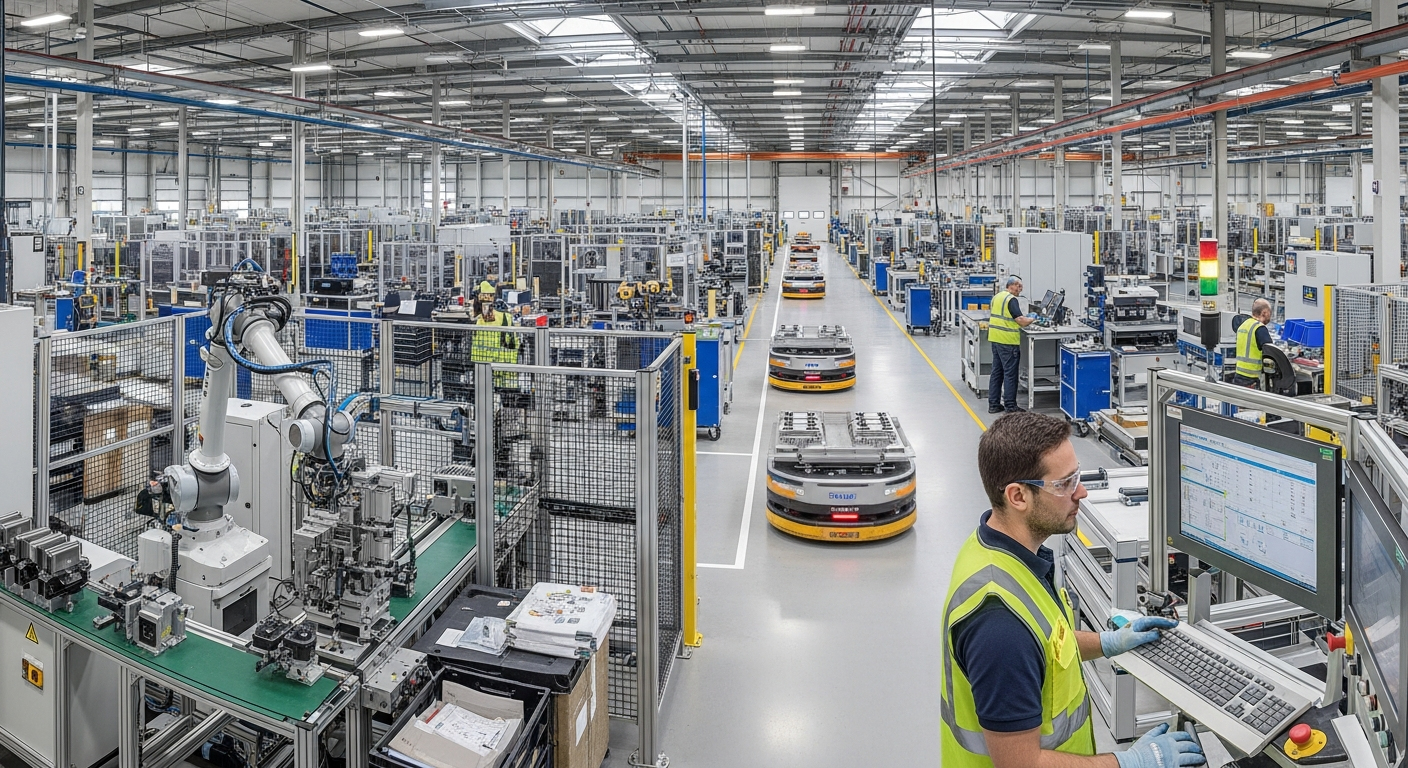"Reimagining Industrial Operations with Advanced Process Control"
In today's rapidly evolving industrial landscape, Advanced Process Control (APC) presents a strategic opportunity for businesses to enhance operational efficiency, improve product quality, and bolster profitability. This article delves into the transformative potential of APC, providing a comprehensive overview of its historical development, current applications, and projected impact on future industrial operations.

A Deep Dive into Advanced Process Control
APC has its roots in the 1980s when industries began to leverage computer-based systems for monitoring and controlling complex process operations. Over the decades, as computational power increased and software algorithms became more sophisticated, APC has evolved into a vital tool for managing intricate industrial processes with high precision.
Advanced Process Control: Current Trends and Insights
APC adoption has been on an upward trajectory, driven by its potential to optimize production processes, reduce waste, and enhance operational efficiency. Industries such as petrochemicals, pharmaceuticals, and food processing are increasingly adopting APC to gain a competitive edge. According to experts, the global APC market is projected to reach USD 19.65 billion by 2028, reflecting its growing significance in industrial operations.
Impact, Benefits, and Challenges of Advanced Process Control
The implementation of APC allows businesses to streamline their processes, leading to a significant reduction in operational costs. Moreover, by enhancing process stability and product quality, APC can significantly improve customer satisfaction. However, APC adoption is not without its challenges. The high initial investment and the need for skilled personnel can pose significant barriers, especially for small and medium-sized enterprises.
Practical Insights for APC Implementation
For businesses contemplating APC adoption, here are some practical insights:
-
Conduct a cost-benefit analysis: APC implementation can be costly. It’s essential to evaluate the potential benefits concerning the initial investment and ongoing maintenance costs.
-
Invest in training: APC systems require skilled personnel for effective operation and maintenance. Investing in employee training is crucial to fully leverage the capabilities of APC.
-
Partner with APC vendors: Collaborating with experienced APC vendors can help businesses smoothly transition to APC, minimizing potential disruptions.
Conclusion
Advanced Process Control is rapidly emerging as a game-changing tool in the industrial sector, promising significant improvements in operational efficiency and product quality. While its implementation does pose challenges, the potential benefits make it a compelling option for businesses striving to stay competitive in the fast-paced industrial landscape. As we move forward, APC is set to play a crucial role in shaping the future of industrial operations.






